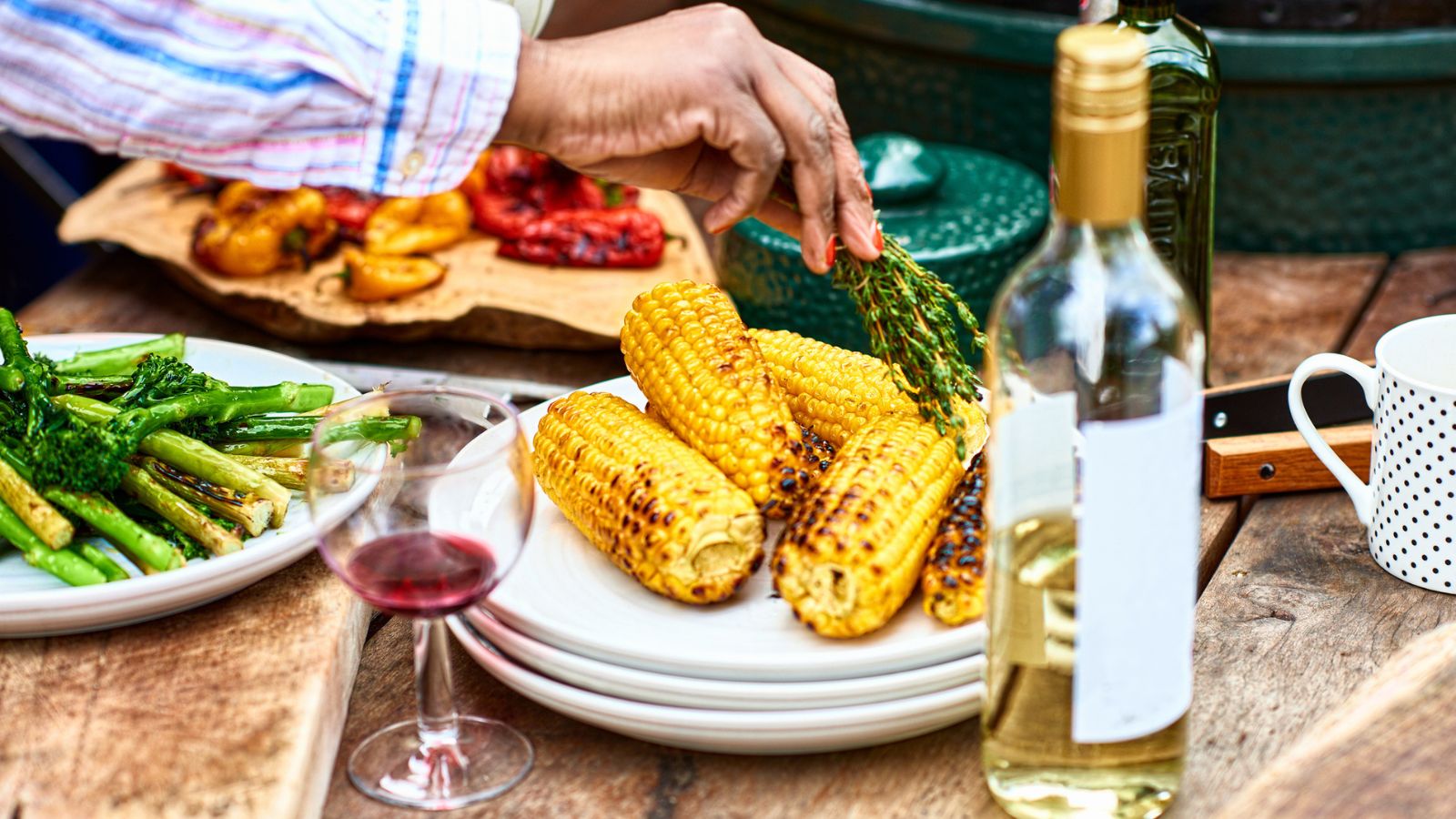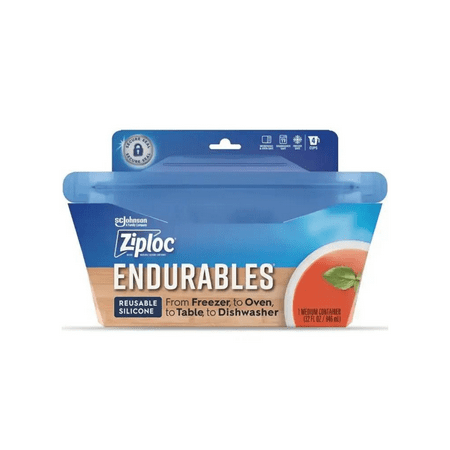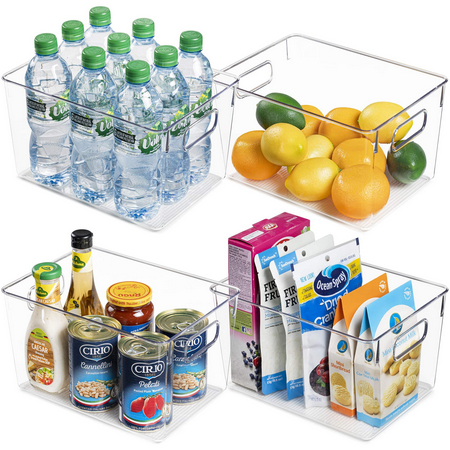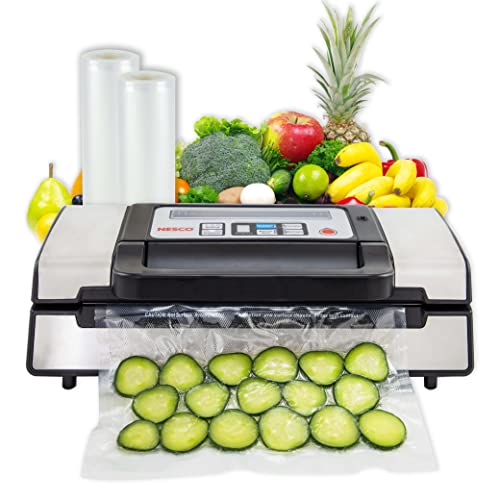Charred on the grill or added to salads for sweetness and crunch – make the most of this summery ingredient with these freezing tips
Lock in the flavor and crunch of corn on the cob by following this advice on how to freeze it in all its forms


Design expertise in your inbox – from inspiring decorating ideas and beautiful celebrity homes to practical gardening advice and shopping round-ups.
You are now subscribed
Your newsletter sign-up was successful
Want to add more newsletters?
Barbecue season is well underway and if you're anything like me, a cookout isn't complete without a side of perfectly grilled corn on the cob.
If you have leftover corn or want to get ahead for hosting, learning how to freeze corn on the cob, whether you have a chest freezer, or a kitchen one, will come in very handy for prepping those barbecue recipes, while helping to prevent food waste, too.
I spoke to a food preservation coach, a thought leader in food quality, and a professional chef who has appeared on the Food Network, to discover the best ways to freeze corn on the cob, as well as a few extra tips and tricks.
1. Freezing corn whole and raw
If you grow corn and have a hefty crop to preserve, freezing the cobs whole and raw is the easiest way. For the best results you will have to do a little prep though.
Jason Wrobel, a graduate of the Living Light Culinary Institute with certification in handling and instructing others on raw food, says, 'Before placing your whole corn on the cobs in plastic wrap or aluminum foil for the freezer, peel away the husk to help eliminate excess moisture and the risk of freezer burn. It also saves you on freezer space. Make sure you wash your corn on the cob first and pat it dry to remove surface dirt.'
I learned the hard way that not completely drying your washed corn on the cobs can result in ice crystals forming on their surface, which can spoil the corn as it thaws. In the future I'll be sure to dry it thoroughly with paper towel or a clean microfiber cloth like these Microfiber Cloths from Walmart.
Whole cobs of corn can either be defrosted in the refrigerator overnight in their freezer bag or container, or cooked straight from frozen. If you need to thaw some frozen corn on the cob last minute, running it under cold water is another effective method of defrosting. Using cold water instead of warm makes the thawing process more gradual, helping to maintain the corn's texture and flavor.
Design expertise in your inbox – from inspiring decorating ideas and beautiful celebrity homes to practical gardening advice and shopping round-ups.
2. Freezing corn whole and blanched
If you would like your corn on the cob to last for longer, try blanching it before freezing.
Robin Phelps, a food preservation coach at The Preserving Guide learned how to safely preserve foods after developing allergies,. He says, 'Blanching preserves flavor, color, and texture while killing enzymes that degrade quality in the freezer. After husking and silking your corn [removing any long strands near the kernels], boil it in a pot of water for four to six minutes, depending on size. Then immediately transfer the cobs into an ice bath to stop the cooking process. Once they have cooled down, they are ready to be frozen as usual.'
Justine Reichman, founder of NextGen Purpose, an organization that strives to improve access to quality food and better-for-you food systems, says, 'Blanched corn is great for storing and locking in flavor, and can stay in the freezer for up to 12 months.'
Blanched corn on the cob can be defrosted in the same way as raw corn on the cob, but it may require less cooking time as it's already been partly cooked.
3. Freezing cooked or grilled corn
Whether you're storing cooked corn for meal prep or saving leftovers from dinner, this method is a dream, as you can season and stash away in the freezer, ready to get out for a quick reheat.
'If you’ve already cooked corn (boiled, grilled, or roasted), all you need to do is allow it to cool fully, then wrap each cob securely in plastic wrap, foil, or place it directly into airtight freezer-safe containers or heavy-duty freezer bags,' says Jason. 'Pre-cooked frozen corn reheats quickly, perfect for quick sides and salads.'
Blanched corn will still hold its texture better, but storing cooked corn wins on the convenience factor and will stay at its best for 6 months. These Removable Labels For Food Containers from Amazon will help you to keep track of how long they've been in the freezer.
4. Freeze corn in chunks
Chunks of corn are great for portioning out, making skewers or feeding little ones. They also defrost faster, which is great if you're short of time.
'Freezing chunks of corn on the cob can sometimes be more useful if people don't need whole corn cob-sized portions,' says Jason. 'After husking, silking and blanching if you wish, simply cut your corn on the cob into the desired sizes (I recommend about 2-3 inches), and freeze them on parchment paper before transferring them into freezer bags or airtight freezer-safe storage containers.'
Pre-freezing the cob chunks will help prevent them from freezing together. If you'd rather not use single-use parchment paper, I recommend something eco-friendly like this reusable 6 PCS Silicone Tray Mats Set from Amazon.
Chunks of corn on the cob can be defrosted in the same way as whole corn cobs, but they may defrost faster as they are in smaller pieces. You can tell that your chunks of corn on the cob have defrosted if the corn kernels have softened.
5. Vacuum-sealing corn for freezing
My partner owns a portable vacuum-sealing machine, and it's been a lifesaver for preserving leftovers for enjoying later. So when it's time to harvest corn or you have excess corn from your grocery shop, it's worth considering vacuum-sealing. You can do this in any of its forms (raw, blanched, cut up or cooked) before freezing.
'For storing any form of corn on the cob in your freezer, vacuum-sealing is the best way to remove extra air that can decrease your corn's shelf life, as well as to prevent freezer burn,' says Robin.
Removing extra air also means your corn on the cob bags will take up less space in the freezer.
Vacuum sealed corn on the cob pieces can be defrosted overnight in the fridge or floated in cool water until thawed.

If you work your way through a lot of Ziploc bags when storing food away, these reusable ones will come in really handy. They are also microwave-safe.

These dividers are perfect for keeping all of your frozen goods visible and well-organized making it so easy to grab and go as you need them.

Keep your food as fresh as can be by using a vacuum sealer to suck out all the remaining air. This one from Amazon is simple to use but highly effective.
Freezing corn on the cob FAQs
Is it better to freeze corn on or off the cob?
There isn't really a clear-cut winner as to whether it's better to freeze corn on or off the cob, as it's a matter of preference and each way has its pro points.
'Freezing corn off the cob is generally more efficient regarding freezer space and flexibility in recipes. However, corn frozen on the cob tends to retain juiciness and flavor slightly better, making it ideal for dishes where corn is the star,' says Jason. 'If you wish to separate your corn from the cob, remove kernels by slicing carefully down the cob with a sharp knife, raw or after blanching. Spread the kernels onto baking sheets to freeze separately, then transfer them into bags or containers.'
Can you freeze corn on the cob in ziploc bags?
You can freeze corn on the cob in ziploc bags. If you plan to do this it's best to individually freeze your pieces of corn on the cob first before placing them into bags, though. Doing this will help to prevent your produce from freezing together.
If you're interested in growing your own, learn when to plant corn for the best harvest. Then you can use them in all sorts of recipes, such as our charred corn, dill and new potato salad, which is a wonderful twist on a classic.

Ciéra is a writer and regional laureate with particular passions for art, design, philosophy and poetry. As well as contributing to Homes & Gardens, she's an Editorial Assistant for Design Anthology UK and a contributing writer for magazines including Livingetc, Apartment Therapy, House Beautiful and Ideal Home. Previous commendations of hers include being Highly Commended by The Royal Society of Literature and receiving a prestigious MA Magazine Journalism scholarship to City, University of London.